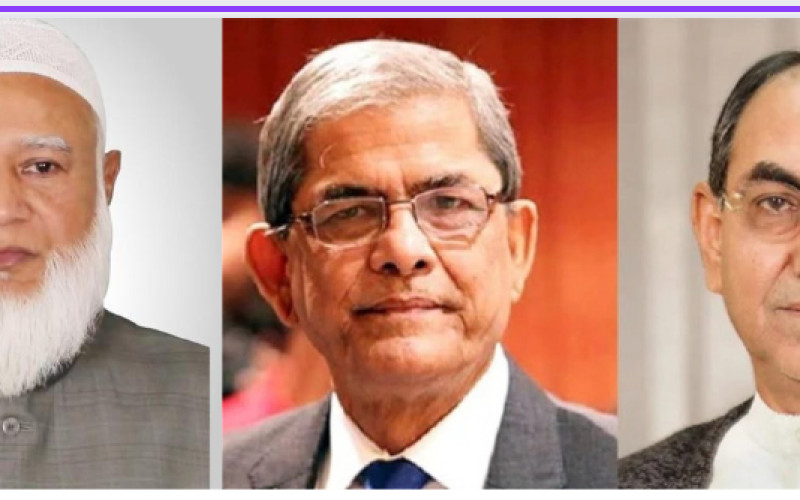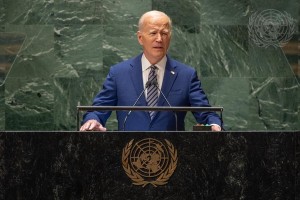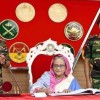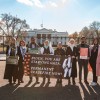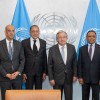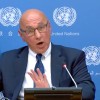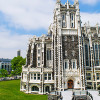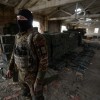US Ambassador
US Ambassador Movement Under Threat in Bangladesh
Desperate gathering forces US envoy in Bangladesh to shorten visit to family of victim of enforced disappearance
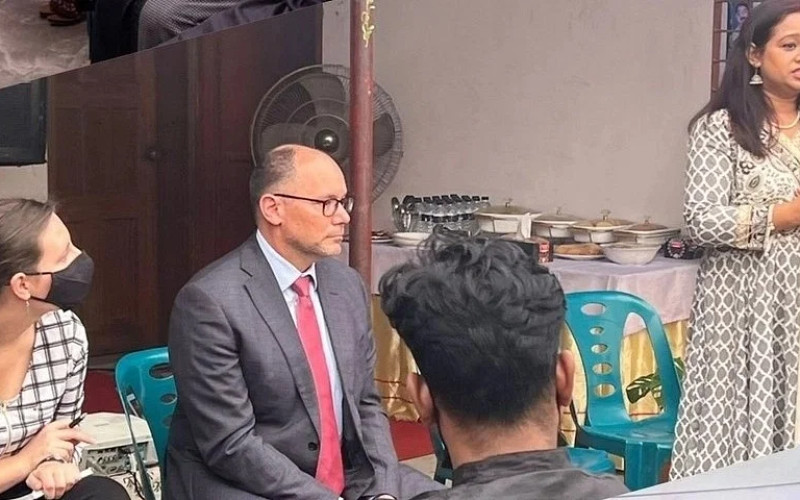
United States (US) envoy to Bangladesh, Peter Haas, on Wednesday (December 14, 2022), was forced to shorten his visit to a family of a victim of enforced disappearance in Bangladesh's capital Dhaka as a group of pro-government people desperately gathered in front of the victim's residence in Shaheen Bagh area of the city, causing a commotion outside the gate.
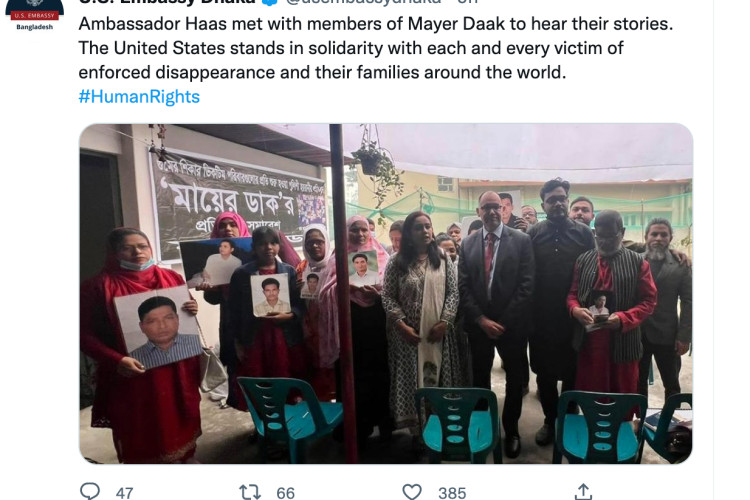
The US envoy was visiting the residence of Sanjida Islam, the coordinator of Mayer Daak (Mother's Call), an organization of relatives of missing persons who have been allegedly picked up and forcefully disappeared by the law enforcers in Bangladesh, mainly by the members of the elite police force, the Rapid Action Battalion (RAB). The US has put sanctions on the RAB because it has done many bad things to people's rights, like killing people without a trial, making people disappear, and torturing people in custody.
Sanjida is also the sister of missing Sajedul Islam Shumon, a leader of Bangladesh's main opposition political party, the Bangladesh Nationalist Party (BNP). He forcefully disappeared, along with his seven cohorts, on December 4, 2013, from the Bashundhara residential area, allegedly by RAB.
According to media reports, the US envoy had been at the residence for about half an hour when the members of another organization called Mayer Kanna (Mother's Crying) began gathering outside. Mayer Kanna is an organization of families of army personnel who fell victim to killings and disappearances when Zia was in power in 1977.
This organization is apparently formed with the government's patronage to counter "Mayer Daak." In the last couple of years, the Mayer Daak organization has been able to draw the attention of the international community through different programs about the rights violations in Bangladesh, mainly the enforced disappearances known as "Ghum." In the wake of global concerns against the ruling Awami League government about rights violations, suddenly the organization of Mayer Kanna was formed recently to raise awareness over alleged missing army men during the regime of the late president Ziur Rahman, who was also the founder of Bangladesh's main opposition political party, the BNP.
In response to the gathering crowd, the US ambassador's security detail asked him to leave the premises immediately. The US envoy hurriedly left the area with a police escort.
As he was leaving, Mayer Kanna is said to have given him a note asking for an international investigation into the disappearances that happened during Rahman's time in power 45 years ago.
In response to a question from the local media, Bangladeshi Foreign Minister AK Abdul Momen said on Wednesday that his ministry did not know that the US Ambassador was going to visit a house where many people were waiting outside the gate. Ambassador Peter Haas had met him on an emergency basis after the incident.
"He (Haas) was very disappointed following this incident. We told him that our duty was to ensure his and his people's security........But we didn't have any information regarding his visit to that residence," the local newspaper, the Dhaka Tribune, quoted the foreign minister.
"We cannot bar our journalists from performing their duties. They are very sincere and have freedom of speech," Momen added.
Gross Human Rights violations
Bangladesh is currently going through a lousy course due to state-patronized rights violations.
The Mayer Daak organization handed over a list of 619 people who have been forcibly disappeared since 2009, when the Awami League party came to power, to the visiting UN High Commissioner for Human Rights, Michelle Bachelet, during her recent visit to Bangladesh.
"Only a few of those who were taken away by force came back, but they have been strangely quiet," Sanjida told journalists. He also said that the government's main goal was to make the opposition voices scared.
Human Rights Watch, an international group that looks out for people's rights, also lists 86 people in Bangladesh who had been taken away against their will in August 2021.
The government accuses of conspiracy
On Wednesday, after paying tributes to martyred intellectuals on the occasion of Martyred Intellectuals Day in commemoration of the Martyrs on December 14, 1971, Awami League General Secretary and Road Transport and Bridges Minister Obaidul Quader said the defeated forces of 1971 are becoming active again, and they may seek revenge.
He told the people who wanted the freedom to stand together against those who didn't like it and stop any plots.
On December 9, Quader asked the US ambassador not to hurt relations between the US and Bangladesh by making unjustified comments about Bangladesh's elections and the rule of law.
On December 8, the US Embassy in Dhaka expressed concern about reports of intimidation and political violence in Dhaka and called on everyone to respect the rule of law.





